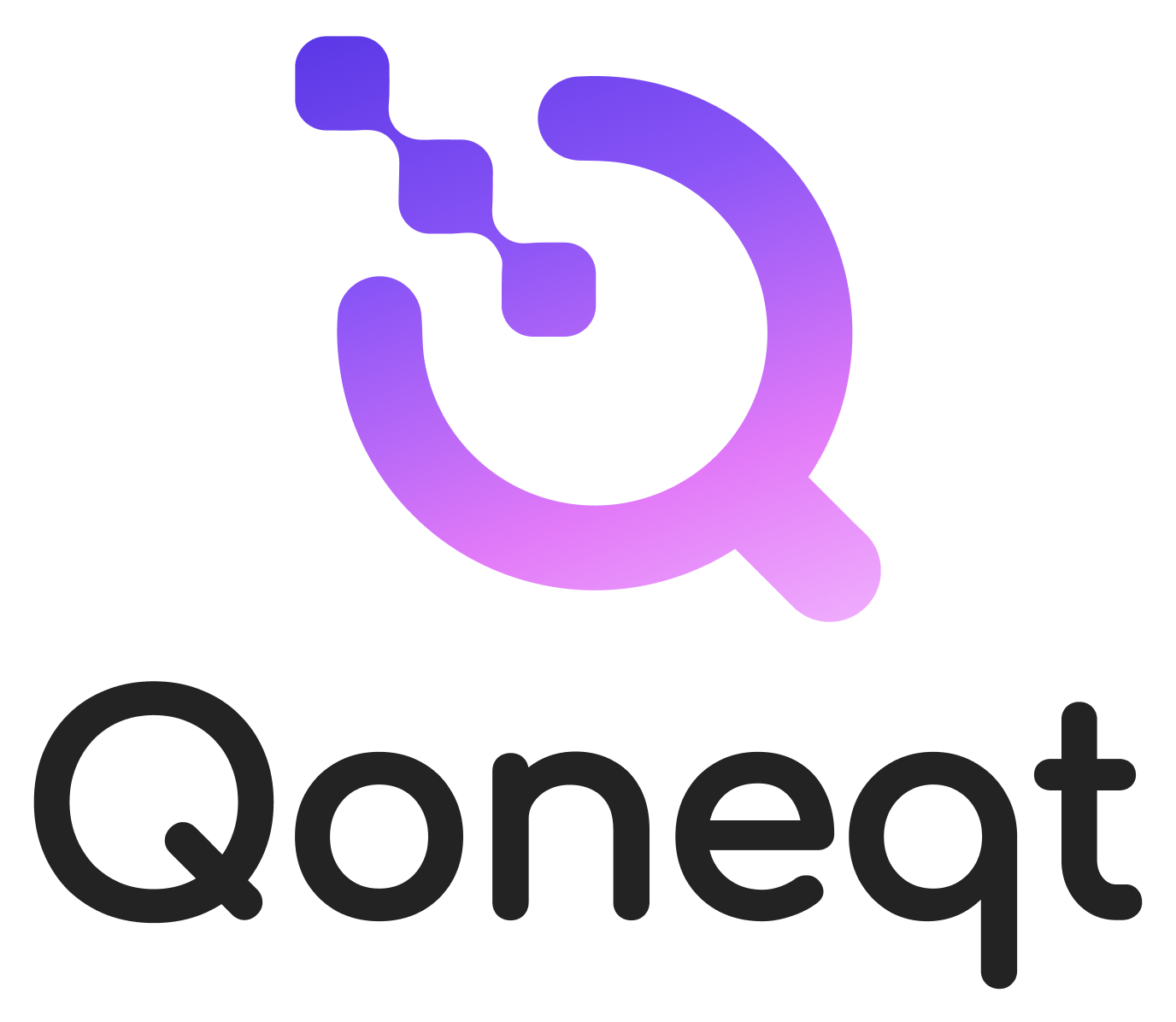
‘Concerning precedent’ — bloXroute Labs' MEV relays to reject OFAC blocks
A decision by bloXroute Labs to start censoring OFAC-sanctioned blocks has been seen as a loss for Ethereum censorship resistance. One of the largest producers of censorship-resistant blocks on Ethereum has made a complete u-turn, announcing it will start censoring OFAC-sanctioned blocks across all of its MEV relays in compliance with local laws. The firm, bloXroute Labs — which has produced at least 400,000 Ethereum blocks from its two leading Maximal Extraction Value (MEV) relays — made the announcement of its policy change on Dec. 18 in a post on X (formerly Twitter), noting: “Effective immediately, all bloXroute relays will reject block bids if they contain OFAC transactions." An "OFAC transaction," as described by bloXroute Labs, is any that interacts with a wallet that has been sanctioned by the United States Office of Foreign Asset Control, or OFAC. All of bloXroute Labs' relays will be affected, including the “bloXroute Max Profit” relay, the second largest censorship-resistant MEV relay with over 380,000 blocks produced since the Ethereum Merge on Sept. 15, 2022, according to data shared with Cointelegraph by Australian blockchain development firm Labrys. However, some members of the Ethereum community claim that stricter compliance measures are now limiting pathways to credible neutrality on Ethereum. This “sets a concerning precedent for the industry,” Labry’s CEO Lachlan Feeney told Cointelegraph. “Like the internet, censorship should be avoided [at the protocol level] and instead, rules and regulations are best applied at the application level,” Feeney explained. Given Ethereum is a global infrastructure, Feeney said he was concerned that more countries will enforce their own sanctions, which could make it “impossible” to construct a block that complies with all regulatory regimes around the world: “What happens when China or Russia wants transactions sanctioned? Should these sanctions be applied also, even if they are sanctioning legitimate U.S. businesses?” Source - Coin Telegraph
- 0
- 0
- ₹0

















